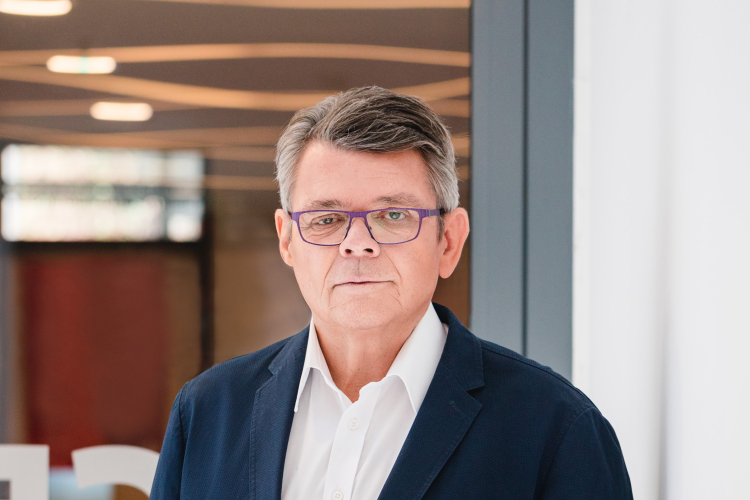Education and Knowledge: Never Again in Education
24.03.2025
"History is constantly teaching, but it finds no students", claimed the Austrian author Ingeborg Bachmann pessimistically. On the other hand, she stated that "the truth is reasonable for people."
How can we actually approach the issue of "never again" and "learning from history and drawing the right conclusions"? The German political scientist Herfried Münkler, who recently published the highly readable work "World in Turmoil", rightly states:
"Despite the general fear that we either learn nothing or the wrong things from history, there is always a need to learn from the past in order to be able to meet the challenges of the present. The appropriate method for this would be a well-understood comparison: one that identifies similarities and differences and differs in this respect from flat equating."
Golo Mann said something similar in his 1965 speech on the occasion of the 600th anniversary of the University of Vienna:
"You must know the past in order not to be overwhelmed by the future. You must know the old, especially in order to distinguish what is new about the new, what no longer works, what must be done completely differently; likewise what is old and enduring in the new, how people acted and why, what their motives were and how they intermingled; reason of state and tradition, pride and dogmatism, greed, fear, opportunism; how their actions contradicted their ideas. This at the very least is what the study of history teaches us."
Let me add two more quotes to these to guide our actions and thinking today and tomorrow. A few months ago Volker Ullrich published his book "Schicksalsstunden einer Demokratie. Das aufhaltsame Scheitern der Weimarer Republik" (Fateful Hours of a Democracy. The Preventable Failure of the Weimar Republic). He states:
"It is crucial how individual people behave in specific situations. We have it in our hands whether our democracy fails or survives."
And Christopher Clark, the author of the fundamental work on the causes of the First World War, "The Sleepwalkers", said:
"What is needed for the future is a broad political center that listens carefully to the right and the left and takes people's fears and concerns seriously. Why the broad center? In the past, we have already seen both extremes – the extreme right, National Socialism, and the extreme left, Stalinism – both of which ended disastrously."
All of this must be endorsed. A lifelong education in contemporary history, including the critical use of digital media, is crucial for the sensitization, immunization and resilience of our society and our liberal democracy in the face of extremist, fundamentalist, anti-Semitic and xenophobic threats.
This attitude should be our preventative measure for the imperative "Never again!" We have it in our hands!
Herwig Hösele
Chairman of the Board of Trustees of the Future Fund of the Republic of Austria
Empfohlen

For over 80 years we have been taking the oath "Never again!". The fulfillment of this pledge is more important today than ever, and here trade unions are important partners.
